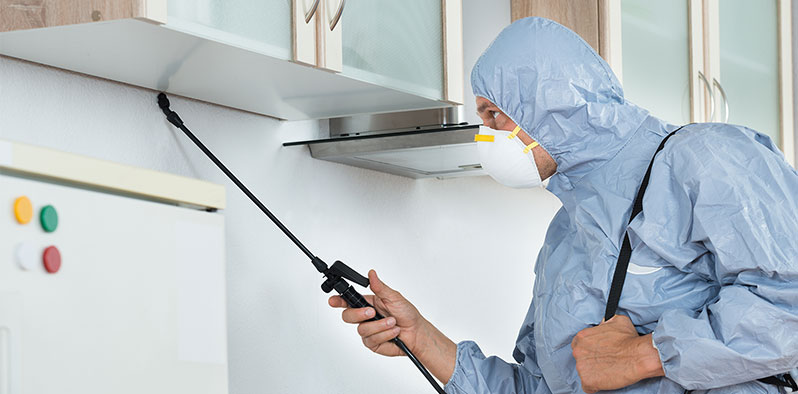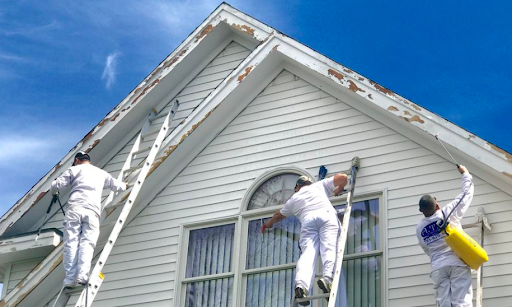Welcome to our blog post on building inspections! Whether you’re thinking of buying a new property or planning to renovate your existing one, building inspections are an essential step in ensuring the safety and structural integrity of the building.
In this blog post, we will explore what a building inspection Drouin entails, the areas it covers, the inspection process, common findings, the benefits of hiring professional inspectors, and tips for choosing a reliable inspector. So grab a cup of coffee, sit back, and let’s dive in!
- Understanding Building Inspections
First things first, let’s define what a building inspection is and why it is important. A building inspection Drouin is a thorough examination of a property’s condition, aiming to identify any potential issues or defects. Its purpose is to provide buyers or property owners with detailed information about the condition of the building, allowing them to make informed decisions and avoid any unforeseen expenses in the future. Building inspections play a crucial role in ensuring the safety and longevity of a property.
One of the key benefits of getting a building inspection done before buying a property is that it can uncover any hidden problems or defects that may not be visible to the untrained eye. It gives potential buyers the opportunity to negotiate repairs or adjust the purchase price accordingly. Similarly, if you’re planning to renovate your property, a building inspection can help you identify any underlying issues that need to be addressed before starting the renovation process.
It’s important to address common misconceptions or concerns people may have about building inspections. Some may worry that inspections are invasive or time-consuming. However, professional inspectors are trained to conduct inspections in a respectful and non-intrusive manner, ensuring minimal disruption to the occupants. Additionally, building inspections are typically completed within a few hours, depending on the size of the property.
- The Scope of Building Inspections
Now that we have a better understanding of building inspections, let’s explore the areas that are typically covered during an inspection. A comprehensive building inspection covers various aspects of the property, including:
- Structural Elements: This includes the foundation, walls, and roof. The inspector will check for any signs of structural damage, such as cracks, sagging, or moisture intrusion.
- Exterior Features: Windows, doors, siding, and other exterior components are examined for any signs of damage, decay, or improper installation. The inspector will also assess the overall condition of the property’s exterior.
- Plumbing Systems: The inspection covers the plumbing pipes, fixtures, and drains to ensure they are in good working order. Any leaks, blockages, or outdated plumbing systems will be noted.
- Electrical Systems: The inspector will evaluate the wiring, outlets, circuit breakers, and electrical panels to identify any potential hazards or code violations. This is crucial for ensuring the safety of the occupants.
- HVAC Systems: Heating, ventilation, and air conditioning systems are assessed to ensure they are functioning properly. The inspector will check for any maintenance issues or potential inefficiencies.
III. Details of the Inspection Process
Now that you have a better idea of what areas are covered during a building inspection, let’s delve into the step-by-step process involved in conducting an inspection.
- Scheduling an Appointment: The first step is to find a licensed and reputable building inspector and schedule an appointment that works for both parties.
- Pre-inspection Preparations: Before the inspection, it’s important to clear any obstructions or clutter that may hinder the inspector’s access to certain areas. This includes moving furniture, removing stored items, and ensuring all areas are easily accessible.
- On-site Examination: The inspector will arrive at the property on the scheduled day and conduct a thorough examination of the interior and exterior. They will document any findings and take photographs for reference.
- Post-inspection Report Generation: After completing the on-site examination, the inspector will generate a detailed report outlining their findings. This report will include both written descriptions and visual documentation of any issues or concerns discovered during the inspection.
- Common Findings During Building Inspections
During a building inspection, there are several common issues that may be uncovered. Here are a few examples:
- Water Leaks and Moisture Damage: Water leaks can lead to extensive damage, including mold growth and rot. Inspectors will look for signs of leaks, such as water stains, dampness, or musty odors.
- Structural Defects or Weaknesses: Structural issues can compromise the stability of the building. Common problems include cracks in the foundation, uneven floors, or sagging ceilings. These issues need to be addressed promptly to avoid further damage.
- Electrical Hazards or Code Violations: Faulty wiring, outdated electrical panels, or improperly installed outlets can pose serious safety risks. Inspectors will check for any potential hazards and make recommendations for repairs or updates.
- Plumbing Problems: Leaky pipes, clogged drains, or outdated plumbing systems can lead to water damage and costly repairs. A thorough inspection will identify any plumbing issues that need attention.
- Benefits of Hiring Professional Inspectors
Now that we understand the scope and process of building inspections, let’s discuss the benefits of hiring professional inspectors.
- Expertise in Identifying Potential Problems: Professional inspectors have the knowledge and experience to identify potential issues that may not be apparent to the untrained eye. Their expertise can save you from costly surprises down the road.
- Thorough Knowledge of Local Building Codes and Regulations: Building codes and regulations vary from region to region. Professional inspectors are well-versed in local codes and regulations, ensuring that the property meets the required standards.
- Objectivity in Evaluating Property Conditions: When buying or renovating a property, emotions can cloud judgment. Professional inspectors provide an objective assessment of the property’s condition, giving you a clear picture of its strengths and weaknesses.
- Tips for Choosing a Reliable Inspector
Now that you understand the importance of working with professional inspectors, here are some tips for choosing a reliable one:
- Research Qualifications, Certifications, and Experience: Look for inspectors who are licensed, certified, and have relevant experience in the field. This ensures that they have the necessary knowledge and skills to perform a thorough inspection.
- Check Online Reviews or Ask for References: Read online reviews or ask for references from previous clients. This will give you an idea of the inspector’s reputation and the quality of their work.
- Inquire About Reporting Format and Turnaround Time: Ask about the format of the inspection report. A well-organized and detailed report is essential for understanding the findings. Also, inquire about the turnaround time for receiving the report, as this can vary among inspectors.
Conclusion:
Building inspection Drouin are a crucial part of the property buying or renovation process. They provide valuable information about the condition of the building, helping you make informed decisions and avoid costly surprises. By understanding the scope and process of building inspections, as well as the benefits of hiring professional inspectors, you can prioritize this important step and ensure peace of mind.
So, whether you’re a first-time buyer or a seasoned homeowner, don’t underestimate the power of a thorough building inspection. It’s an investment that will pay off in the long run.




